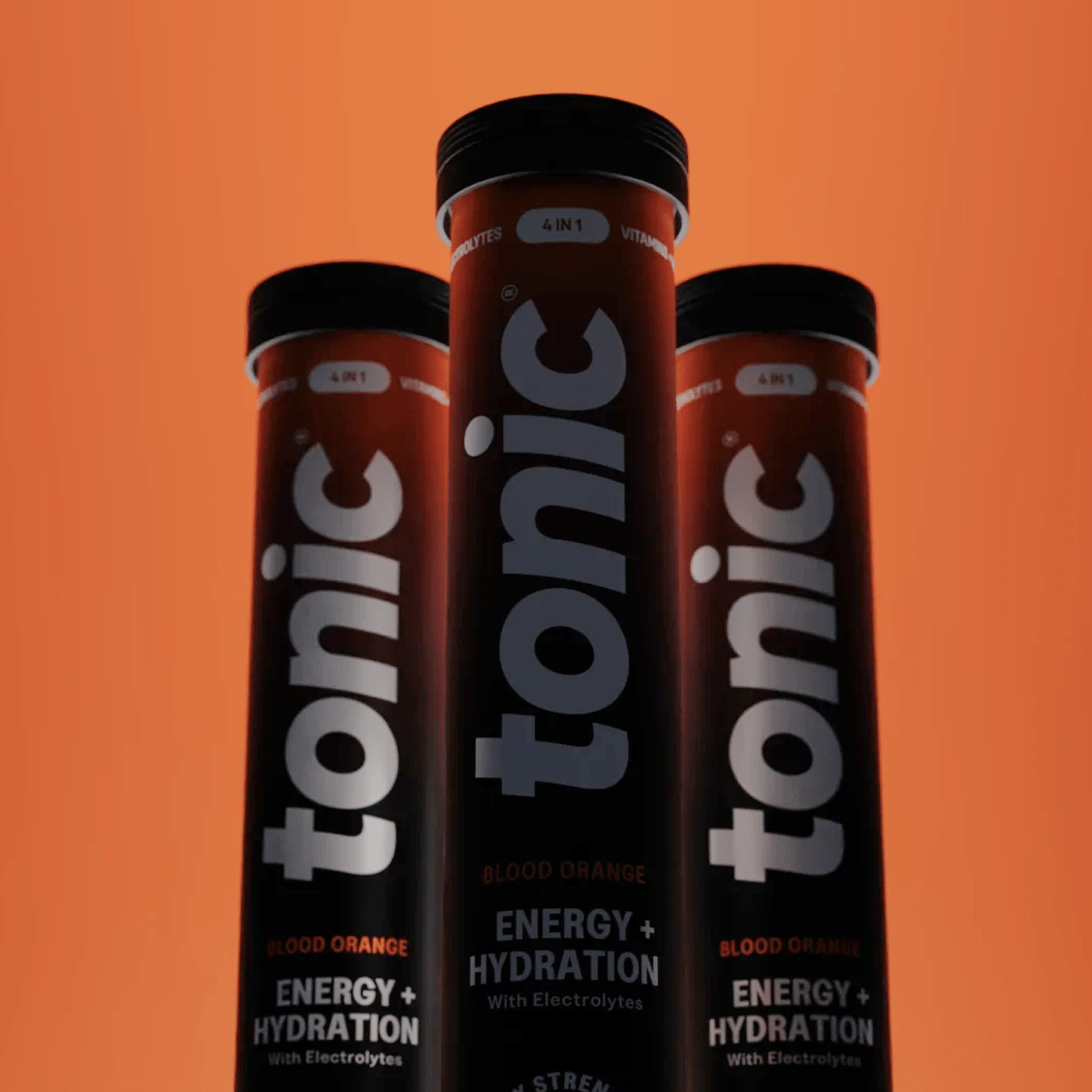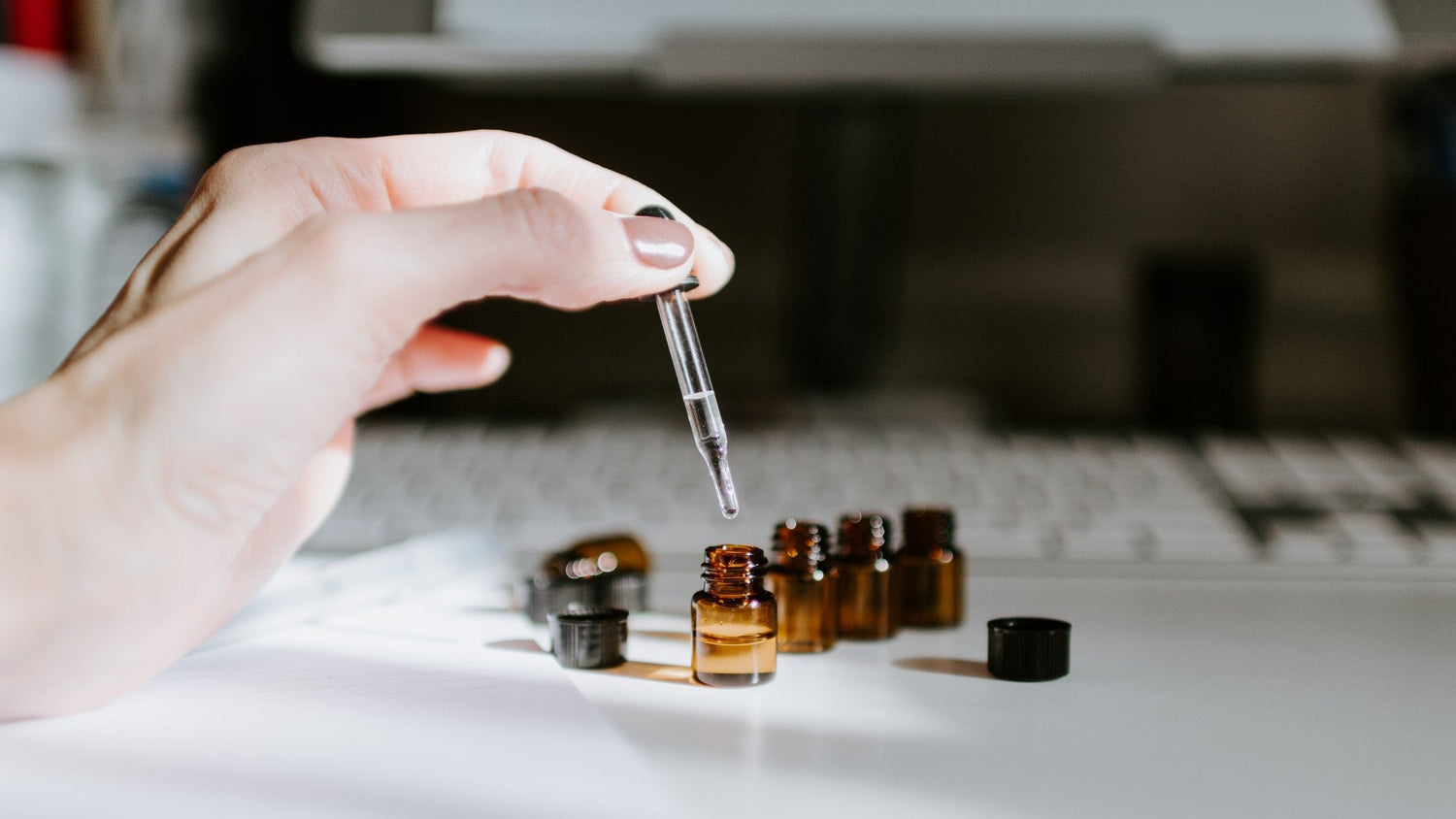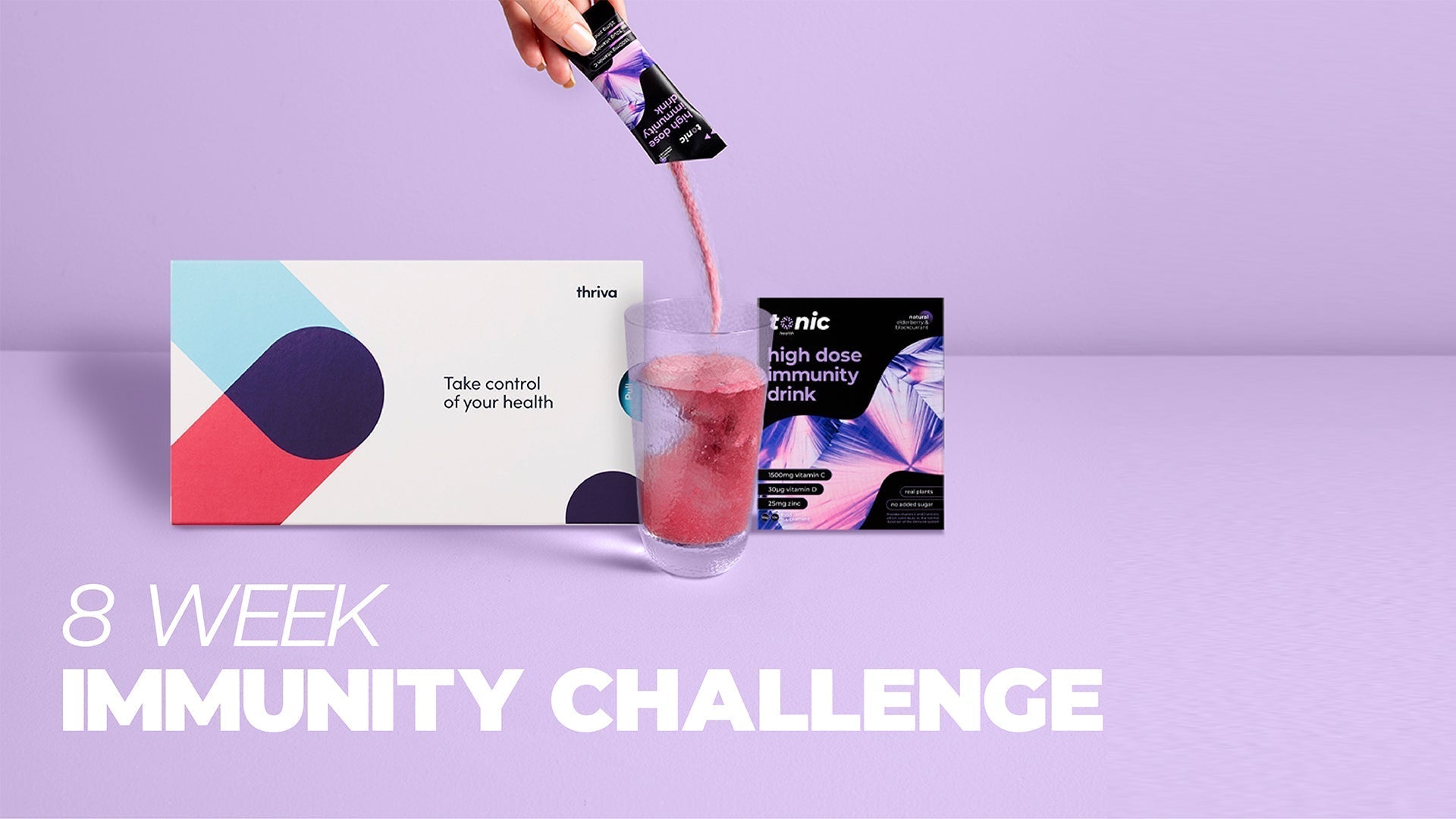Vitamin E is a powerful antioxidant necessary for structural and functional maintenance of skeletal, cardiac, and smooth muscle. It also helps maintain healthy skin and eyes, and strengthen the immune system (why else do you think we'd include 12mg in every serve of Daily Immunity?!).
Despite all its benefits, though, vitamin E doesn't quite get all the attention that vitamin C and D tend to, so you might find you don't actually know much about it. Luckily for you, we've put together the following list of 7 things you may not have known about vitamin E:
What we call "vitamin E" isn’t actually a single compound - the term is used to refer to a group of eight fat-soluble compounds (alpha-, beta-, gamma-, and delta-tocopherol and alpha-, beta-, gamma-, and delta-tocotrienol), of which only one (alpha-tocopherol) is helpful to humans.
Good sources of vitamin E include wheat germ (particularly wheatgerm oil), plant oils (hazelnut, rapeseed, and sunflower oil are the best sources), as well as nuts and nut-butters (almond butter is a particularly good source, followed by peanut butter). Government guidelines say that the RDA can usually be obtained from diet alone.
Unlike vitamin C, which is a water-soluble vitamin that cannot be stored in the body, any vitamin E you consume that your body doesn’t need immediately can be stored for future use. Vitamin E deficiency is rare in humans, as it typically only occurs in people who cannot absorb dietary fat or who have rare disorders of fat metabolism.
It is not uncommon for skincare products to include vitamin E, particularly with regards to helping scars fade, though there is little clinical evidence that it actually has any effect.
If you would like to supplement with vitamin E for the potential benefits (which include a stronger immune system, assistance with the production of red blood cells, helping the body to process and make use of vitamin K), know that supplements are available in two forms: natural and synthetic. Synthetic vitamin E (labeled D,L) has half the functional value of natural vitamin E (labeled D).
Due to its antioxidant properties, vitamin E helps to protect cell membranes against damage caused by free radicals (molecules which have an unshared electron) as well as preventing the oxidation of LDL cholesterol.
Other health benefits associated with vitamin E include the following:
- Helping with the production of red blood cells
- Strengthening the immune system
- Helping the body to process and use vitamin K
- Improving blood circulation
- Promoting normal blood clotting
- Repairing tissue
- Reducing the risk and of Alzheimer's disease
- Decreasing the symptoms of premenstrual syndrome
Sources:
https://www.nhs.uk/conditions/vitamins-and-minerals/vitamin-e/







Leave a comment
All comments are moderated before being published.
This site is protected by hCaptcha and the hCaptcha Privacy Policy and Terms of Service apply.